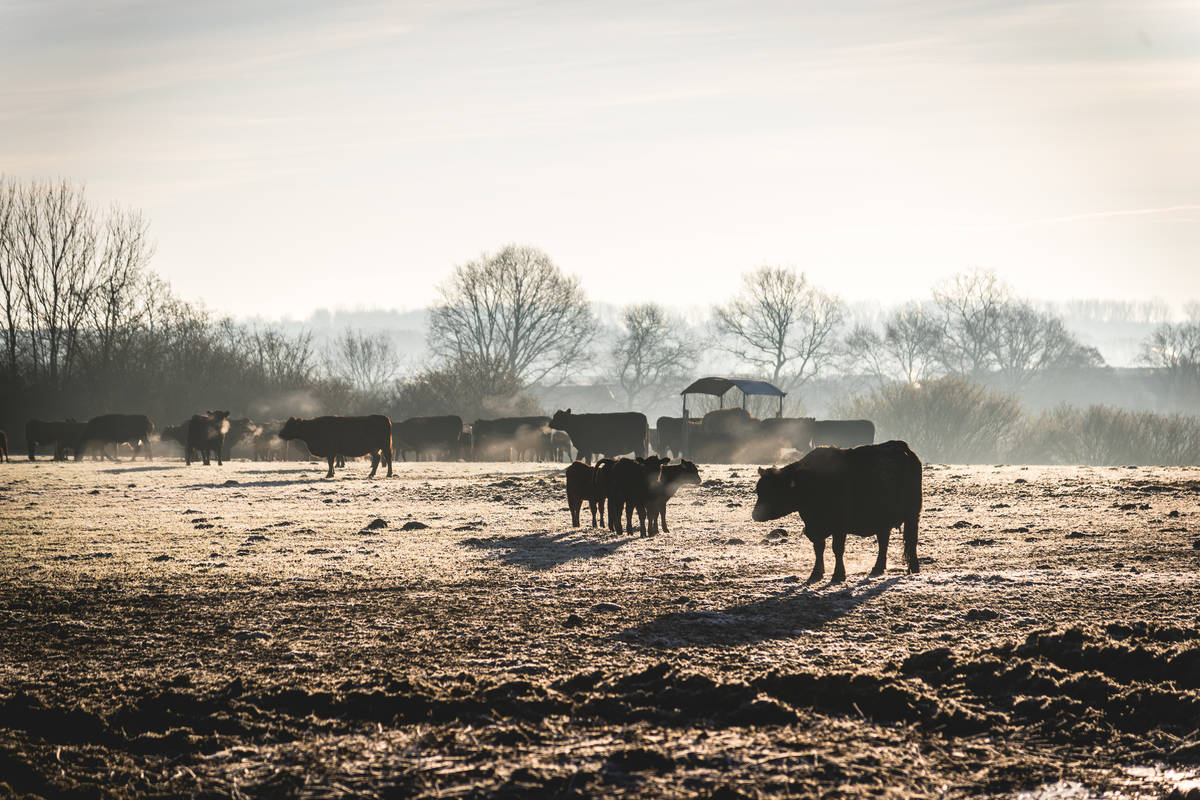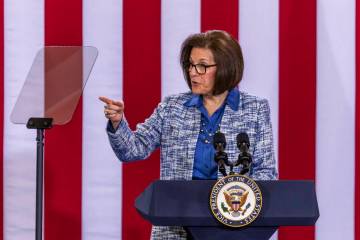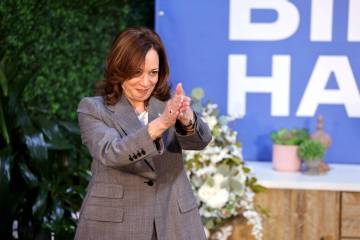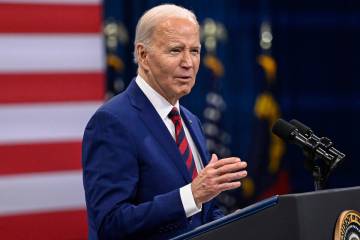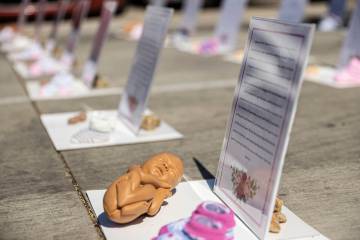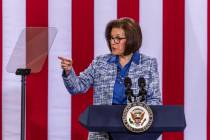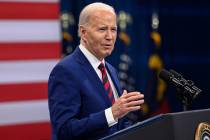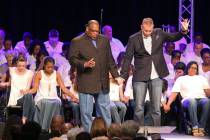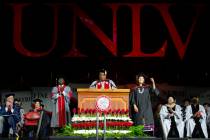VICTOR JOECKS: After the coronavirus, I’m even more skeptical of global warming alarmism
To function in modern society, you have to rely on experts.
There’s so much specialization that no person can be knowledgeable in everything. Doctors, mechanics and plumbers can spend years learning their crafts.
In these relationships, how much you trust someone matters tremendously. Trust is especially important when the expert says there’s a larger problem than you expected and the fix will be costly.
There’s a sizable knowledge gap in these situations. The experts have a financial incentive in the outcome. As a consumer, you can’t match them in proficiency. You try to find out if they’re trustworthy. That’s why services such as Yelp are so popular.
Conversely, if someone shows that they are untrustworthy, you aren’t going to use their services and you’ll avoid others who demonstrate similar unwanted characteristics.
That brings us to the coronavirus and global warming.
Over the past 16 months, coronavirus “experts” have made numerous mistakes.
The most obvious are the predictions made with extreme confidence that didn’t come true. In March 2020, it was “15 days to slow the spread.” A month later, Georgia’s reopening was an “experiment in human sacrifice.” This March, CDC Director Rochelle Walensky warned that rising coronavirus cases spelled “impending doom,” but cases soon plummeted.
Next, scientific “consensus” looks a lot more like groupthink when you dig behind the scenes. Former CDC Director Robert Redfield told Vanity Fair that scientists sent him death threats for saying he thought the coronavirus came from a lab. Scientist Alina Chan recently called for an investigation into the lab leak theory. She said scientists didn’t speak out before because they didn’t want “to be associated with (former president Donald) Trump.”
Money also appears to have clouded judgments. One of the biggest opponents of the lab leak theory ran an organization that received grants from the federal government. His group then sent money to the Wuhan lab. If the virus escaped from that lab, his organization would likely receive less funding in the future.
Finally, “expert” policy recommendations just so happened to square with liberal priorities. Keep the economy and schools shut down, which hurt Trump politically. Check. Downplay the possibility of Operation Warp Speed producing a vaccine in 2020. Check. Sign off on Black Lives Matter marches but not Trump rallies. Check.
The coronavirus “experts” shredded their credibility.
Those warning signs should sound familiar to anyone who has followed the debate about global warming.
First up, dire predictions that didn’t come true. In 2006, Al Gore said that absent “drastic measures, the world would reach a point of no return within 10 years.” We’re still here, only this time the doomsayers insist the world will end in 2030.
In 1989, The Associated Press reported that a senior U.N. official said the world had a decade to reverse global warming or that rising sea levels could destroy entire nations.
It would be one thing to make predictions such as these with large measures of humility. But they’re presented as certainties and then ignored when the calamities don’t happen.
Challenge the prevailing orthodoxy, however, and you’ll be labeled a “denier.” Because “science” means name-calling your opponents instead of rebutting their arguments with evidence. Nope. That looks like groupthink.
Part of the reason for this zealotry is money. The federal government alone has spent tens of billions of dollars on climate change research and subsidizing green energy projects. If there’s no crisis, the justification for that money dries up.
Finally, the desired solutions for global warming — more government — dovetail closely to the left’s existing agenda. And in the few places it doesn’t, most notably nuclear power, many on the left prioritize their existing policy preferences over solving what they claim is an existential crisis.
“Experts” can be wrong. When you see these risk factors, you can count on it.
Victor Joecks’ column appears in the Opinion section each Sunday, Wednesday and Friday. Contact him at vjoecks@reviewjournal.com.



